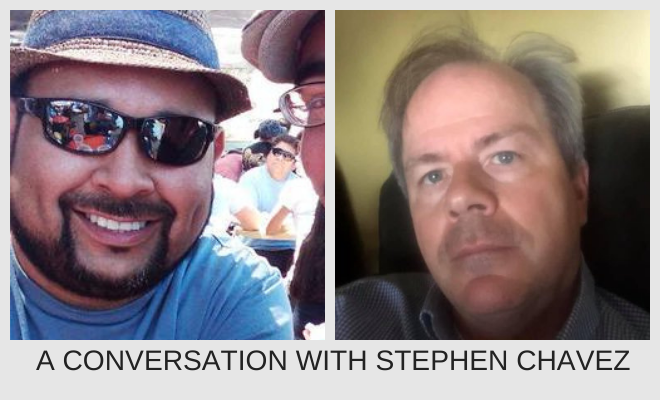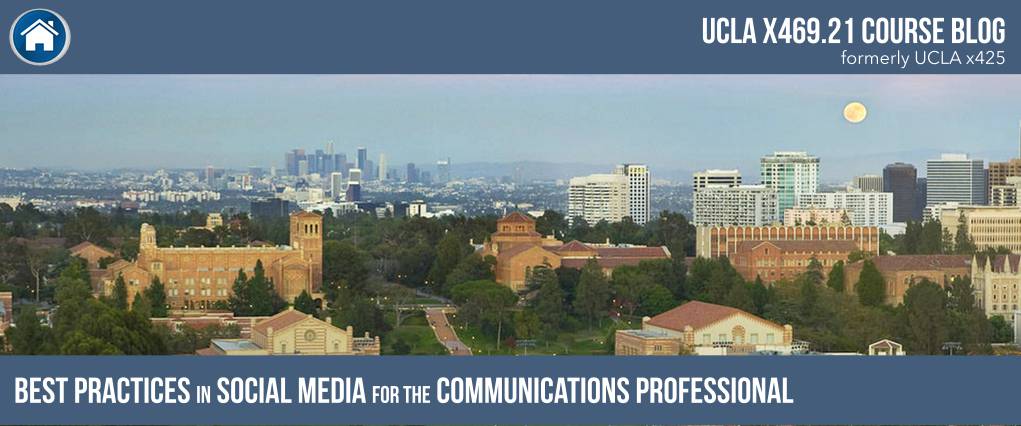
Week 3: A Conversation with Stephen Chavez by Matthew Krasnowski
By UCLA X469.21 Student Matthew Krasnowski
Stephen Chavez knows both sides of the coin in the realm of social media influencers.
He is a long-time public relations professional who often connects his clients with online influencers so they can reach specific audiences – be it stay-at-home Latina moms or fans of queso fresco.
As head of the firm ChavezPR, Chavez said influencers bring value to companies because their endorsements come from outside the company’s internal realm.
“When you have someone else saying, ‘I tried this and I loved their service, they were friendly, it was enjoyable.’ That third-party endorsement from an influencer will gain you credibility, and will gain you followers and potential customers,” Chavez said.
His knowledge of the connection between brands and influencers is informed by his own experience as an influencer through his food and culture blog LatinoFoodie.com, which he uses to share recipes and promote brands.
His influencing credentials help him guide and educate his PR clients’ marketing teams so they understand what outcomes to expect and how influencers – those with vast audiences and more modest followings – can help.
The power of influencers – which for a time was unfettered – led to legislation, greater
regulation and increased diligence by companies to disclose their financial relationships with influencers.
Years ago, some companies were portraying influencer endorsements as organic and not revealing their underlying financial relationships.
Consumers “felt like they were being bamboozled as an audience,” Chavez said.
“People didn’t understand that they were reading a post that was actually a commercial,” he added. “We, as marketers who hire these influencers … we have the responsibility to protect our brand and our companies from any legal action. So, we have to make sure that those influencers are putting those disclosures in … telling consumers that this is a sponsored post, and I got either product or money for this post.”
Chavez has also experienced this as an influencer. He said he recently posted something on behalf of a grocery chain with a post that included the hashtag (#ad). This identified it an advertisement, plus he added a disclosure statement that made clear his connection to the grocer.

